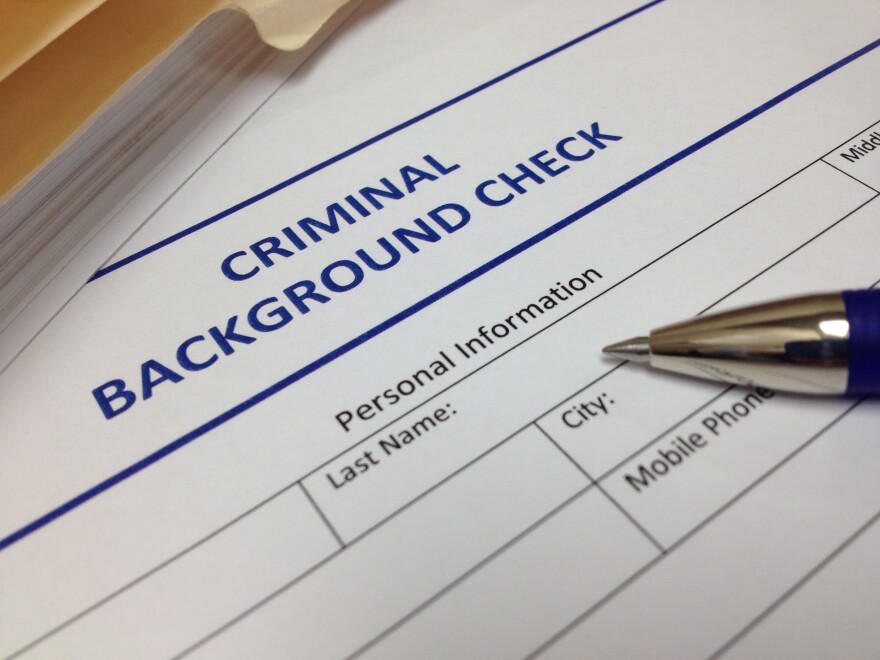Groups across the political spectrum are urging state lawmakers to let them establish a system to automatically seal Oklahomans’ court and arrest records once they’ve completed their sentences.
Oklahoma Policy Institute, Oklahoma Council of Public Affairs, Right on Crime, Prosper OK and Clean Slate want to integrate a program from the nonprofit Code for America into a new information clearinghouse the Oklahoma State Bureau of Investigation is building. The program would automatically flag records eligible for expungement, and the groups said 100,000 Oklahomans could benefit right away
They propose using federal virus relief funds to make it completely free to the state through 2026. While federal guidance would allow such a use of American Rescue Plan funds, lawmakers and the governor must approve the expenditure.
Expungement advocates point to studies showing people with criminal records are far more likely to be unemployed, making it more likely they’ll commit another crime. State Rep. Rande Worthen, a retired prosecutor, seemed skeptical of that this week during an interim study on the expungement proposal.
"So much of it is training, family support — I mean, you can start going down the list of all those factors that also play into employment. So, to attribute it all to, you know, the expungement aspect of it I think is erroneous in some degree," Worthen said.
Oklahoma Policy Institute Criminal Justice Policy Analyst Damion Shade told Worthen at a recent expungement event in Tulsa, the parking lot was filled and a line including people from all 77 counties wrapped around the building at 6 a.m.
"Why would they be there if they didn't believe 'A better life exists for me on the other side of this criminal record'? There's just too much data showing us the same thing for me to believe that it is inconsequential that justice-involved Oklahomans have a five-times higher unemployment rate than everyone else," Shade said.
Advocates described the state’s current expungement process as arduous and costly, and one that can’t be done without an attorney’s help. But if someone completes it, a wide range of entities can no longer see their criminal record.
Criminal Justice Reform Fellow Ryan Haney with the conservative think tank Oklahoma Council of Public Affairs said past tough-on-crime policies led to one in three Americans now having a criminal record, and having a record can make it harder for them to find the stability needed to stay out of prison.
"So, expungements can be life-changing in areas of employment, education, military service, licensing, travel, housing, credit and lending, as well as things as simple as volunteering at your child's school," Haney told lawmakers during an interim study this week.
Right on Crime Oklahoma State Director Marilyn Davidson said she started a career in corrections with the mindset everyone in prison deserved their punishment, but that gradually changed.
"I met a woman who at age 14 her father started prostituting her out, and when she was home at night, her grandmother was teaching her how to make meth. These are the kind of people that we want to give basically a second chance to and help them wipe away that past," Davidson said.
Story image from PxHere.






